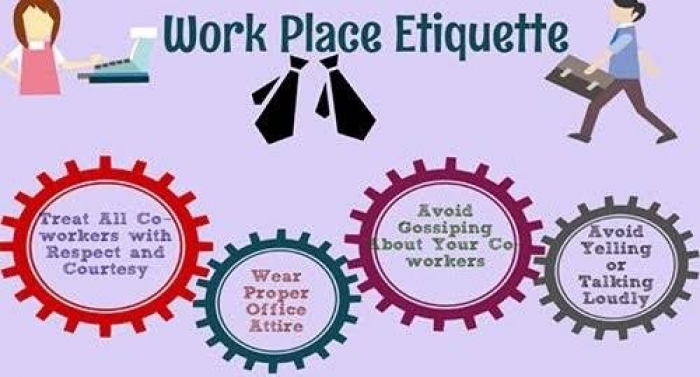May 17, 2025
Nigeria's major producer halts oil feeds into key pipeline for crude exports after burst
by Super User
Nigerian oil firm Renaissance Energy has halted production on one line feeding into the Trans…
May 12, 2025
Northern leaders demand urgent action on insecurity, push for state police
in POLITICS
by Super User
Amid worsening insecurity across Nigeria, the 19 Northern governors and traditional rulers have called for…
May 16, 2025
Maple syrup and honey are both natural sweeteners. Which is better for you?
in FEATURES
by Super User
Sarah Jacoby Natural sweeteners — especially maple syrup and honey — have taken over social…
May 17, 2025
Woman files for divorce after ChatGPT read husband’s affair in coffee cup
in Strangely
by Super User
A Greek woman decided to divorce her husband of 12 years after ChatGPT told her…
May 17, 2025
Finland charges Simon Ekpa with terrorism over Biafra agitation
in Crime
by Super User
The Finnish government has formally charged Simon Ekpa, a Nigerian-Finnish citizen and controversial pro-Biafra activist,…
May 17, 2025
What to know after Day 1178 of Russia-Ukraine war
in WARS
by Super User
RUSSIAN PERSPECTIVE Russia’s top negotiator outlines key outcomes of Istanbul talks Russia’s chief negotiator at…
May 11, 2025
African diet – plantains and cassava can be as healthy as tomatoes and olive oil,…
Plantains, cassava and fermented banana drink should be added to global healthy eating guidelines alongside…
May 13, 2025
Nigeria's Flying Eagles qualify for World Cup after dramatic win over Senegal
in Sport
by Super User
Nigeria's U-20 national football team, the Flying Eagles, have secured their place at the 2025…

































































